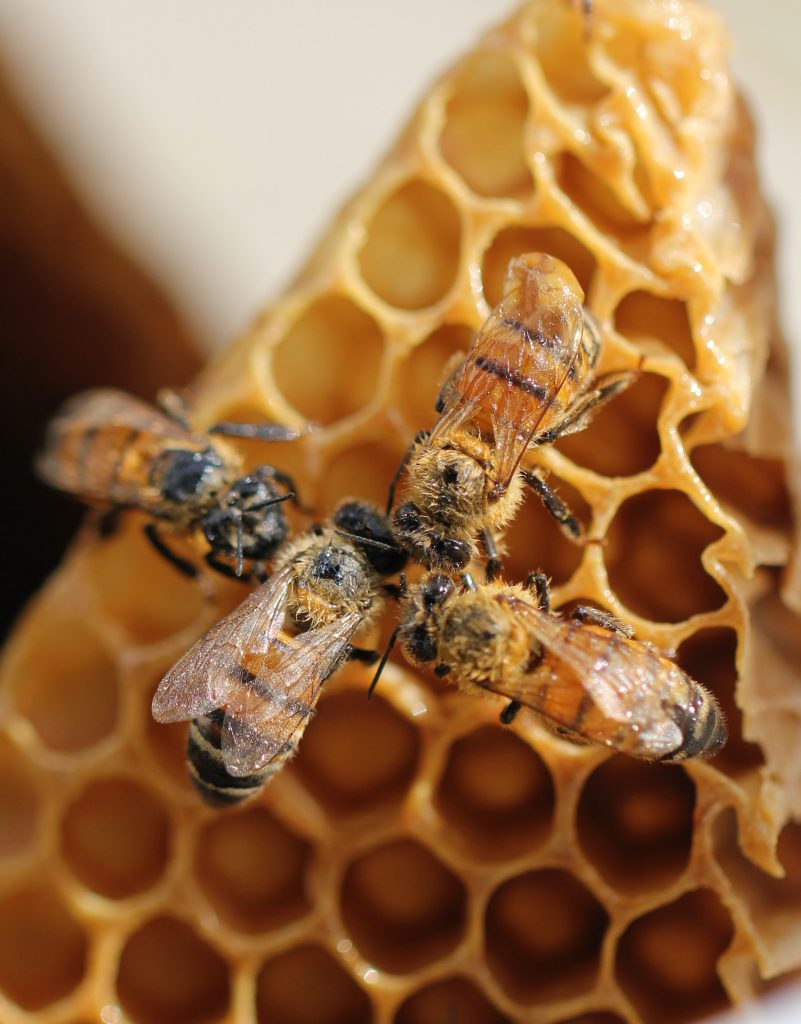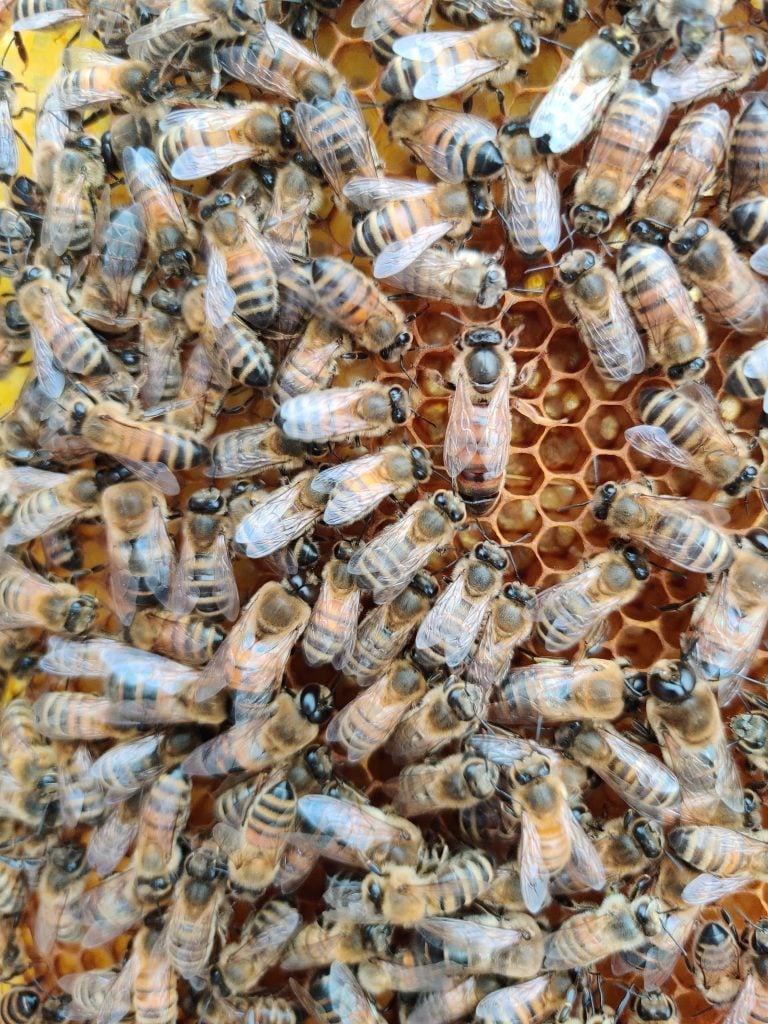A Honeybee That’s Cloned Herself Millions Of Times
In South Africa, there’s a subspecies of the honeybee in which the worker bees have the ability to clone themselves. There’s one individual that’s cloned itself over a hundred million times over the past 30 years.

Asexual reproduction is not unusual for insects. However, most asexual reproduction results in offspring that differ genetically from the parent. Usually, a process called recombination mixes up the genetic material. Thus, even though there is one parent, the genes of the offspring will differ slightly.
A native species of the southern tip of South Africa, the female Cape Honeybee (Apis mellifera capensis) workers have developed an incredible process that avoids this genetic differentiation that occurs during recombination.
Effectively, they can create offspring that share the exact genetic makeup with them. This is beneficial because, normally, asexual reproduction in honeybees would result in about a third of the offspring being inbred. When this happens, the larvae can’t survive.
Benjamin Oldroyd of the University of Sydney says that they’ve observed one line of clones since 1990. This line has cloned itself hundreds of millions of times in the years they’ve been watching it.
Unfortunately, clones can cause problems for beehives. Usually, the queen is the only one reproducing, while all the other bees do the work to keep the colony healthy. When the hive is disturbed, the workers might start cloning themselves, which then creates an imbalance in their delicate ecosystem. Sometimes, a clone develops into the queen of one of these dysfunctional hives.

“Eventually the workers just sort of hang around laying eggs not doing any work,” explains Oldroyd. “The colony dies, and [the cloning workers] spread to the next colony.” Once they’ve joined a new colony, these bees continue to just lay eggs, causing further disruption in that hive and potentially destroying it too.
